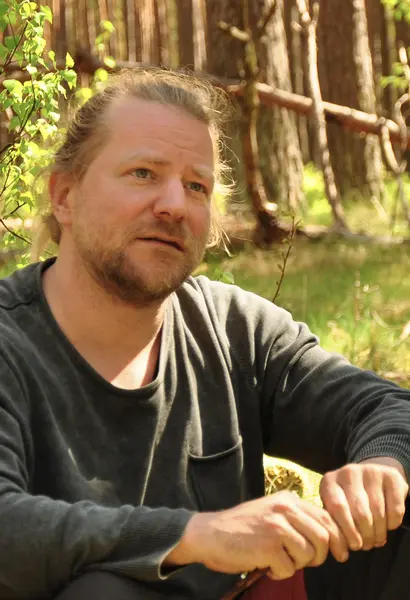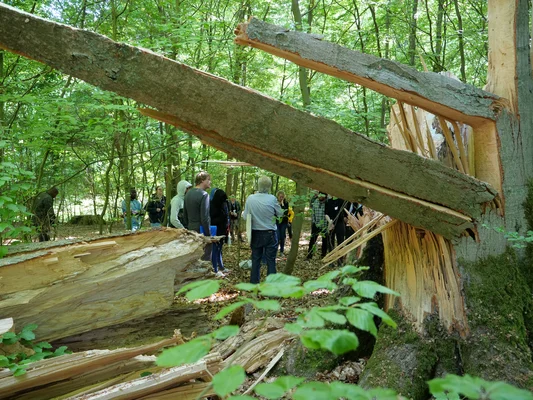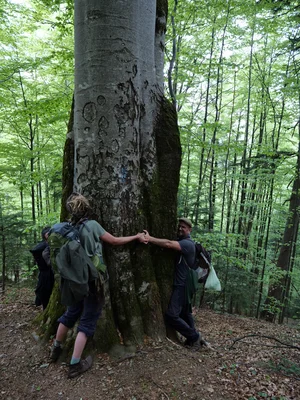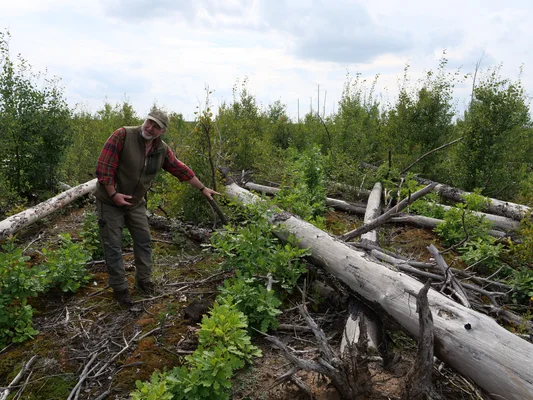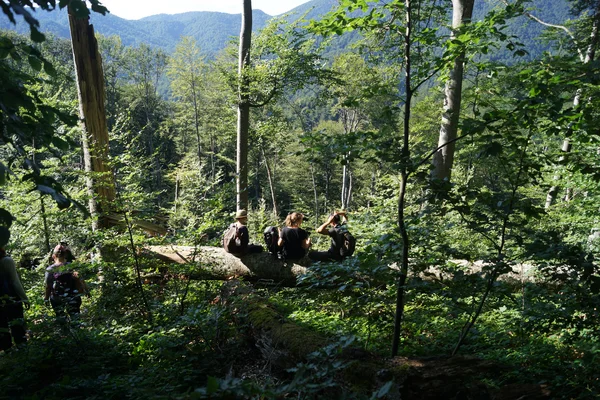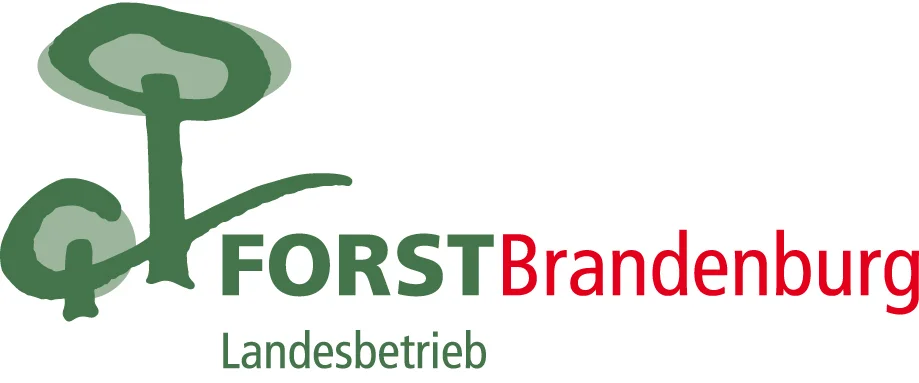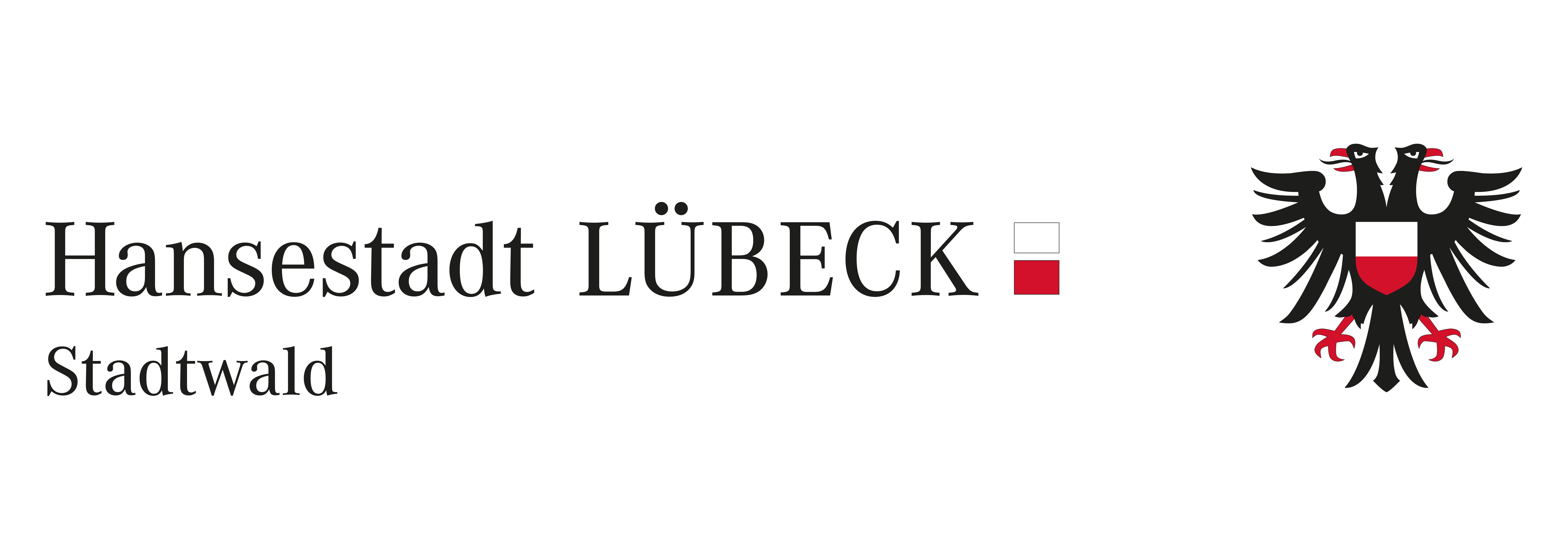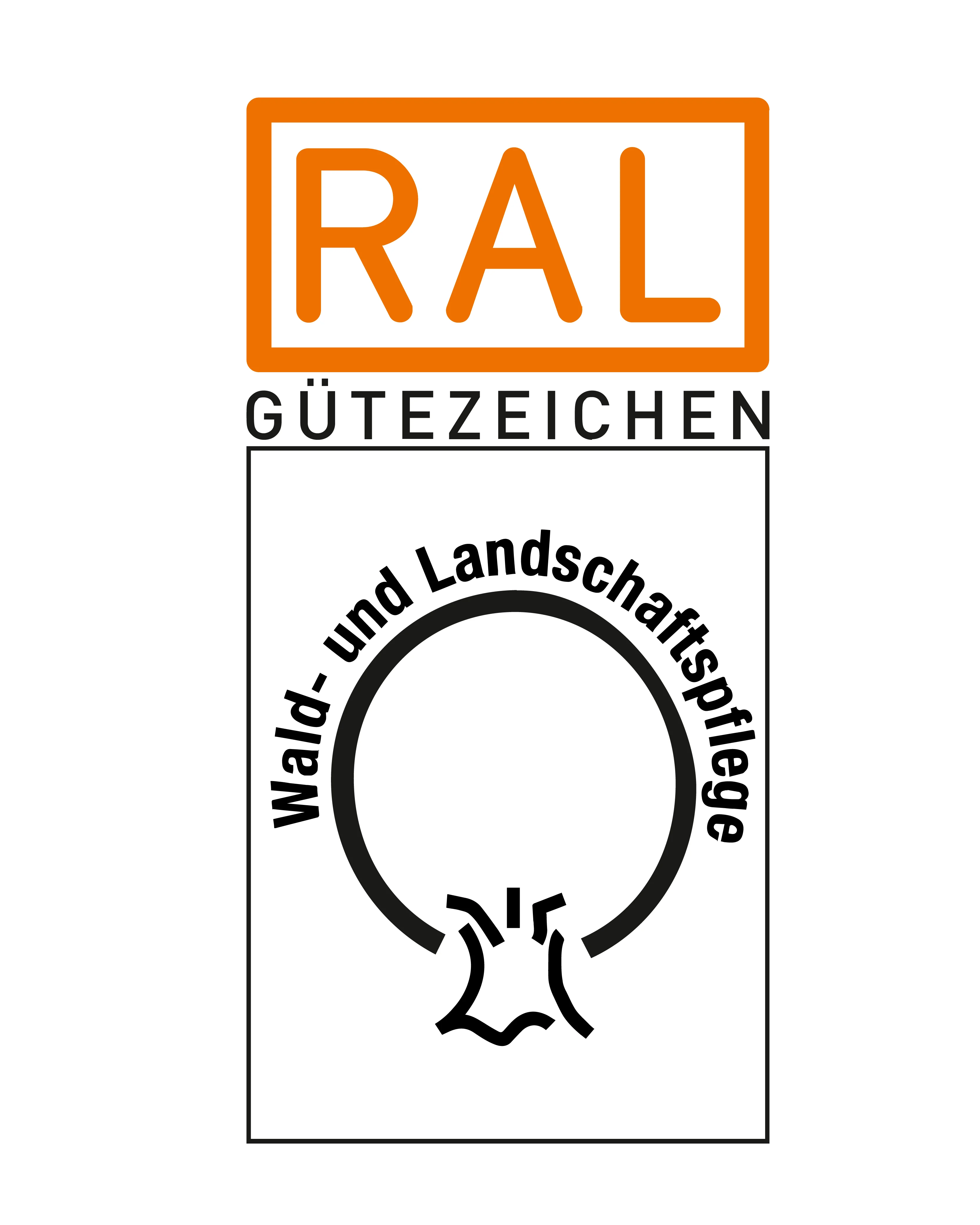Customised course content
Over the course of six semesters, we combine current scientific theories and concepts with direct experiences in a wide range of forest environments. The programme fosters encounters with people for whom forests hold significant meaning and supports a shared search for practical approaches to forest management—approaches that do not focus solely on timber production, nor depend exclusively upon it.
The degree programme concludes with 180 ECTS credits and provides a recognised professional qualification.
Modules per semester
First semester - Analysing
You are familiar with the concept of social ecology and socio-ecological systems, as well as their application to forests. The theoretical approaches have been critically examined within the framework of a holistic diagnosis of selected forest ecosystems. The ecosystemic, socio-economic, and socio-political characteristics, potentials, and challenges of selected forests have been explored through field excursions and literature review.
You are able to apply methods and techniques from soil science and site ecology in a practical context. Knowledge of site conditions is understood as a fundamental basis for forest management aimed at sustainable management.
You are able to contextualise the relevance of climatic and ecohydrological conditions for forest management, with particular emphasis of climate change.
You are capable of engaging in interdisciplinary theoretical discussions on the concept of sustainable development and can apply this knowledge in a practical way to solve concrete sustainability challenges.
You are familiar with the diversity and key characteristics of social systems and stakeholders relevant to forests. You understand the current challenges of forest policy within the context of a socio-ecological understanding of forest management, ownership and power relations, as well as environmental and forest justice. You are empowered to critically reflect on existing approaches and instruments in policy, administration, and participation concerning forest management.
Second semester - Synthesising
You learn to apply the ideas and approaches of ecological economics to forest ecosystems. You practice critically examining conventional and innovative forest management models from an economic theory perspective.
You become familiar with forest ecosystems of the low mountain ranges and refine your diagnostic skills to assess the socio-ecological situation and to develop plausible scenarios, especially for forest areas affected by calamities. You understand the concepts of vulnerability and resilience through the example of various forestry operations and differently managed forest ecosystems. You critically reflect on the strategies applied and evaluate the risks that threaten them or arise from them.
Using the example of forest ecosystems at different stages of maturity and wilderness areas in Eastern Europe, you will understand their characteristics and develop an evaluation framework to assess the degree of naturalness or human influence. You will derive insights on what the structure and functionality of old-growth forests can teach us about forest management.
You will be able to derive harvesting strategies and forest regeneration approaches from operational objectives. You recognise the interactions between different forest structures and the resilience of ecosystems.
You are equipped to understand and critically reflect on the current scientific discourse on socio-ecological forest management. Through selected literature, you will be enabled to present structured content summaries and to contextualise the resulting implications for action.
You will be able to understand forest-related data in spatial and temporal contexts, apply digital processing and analysis methods, and conduct field mapping. You will be equipped to competently handle data from various sources (remote sensing, forest inventories, databases, etc.). These skills are supported not only by theoretical knowledge but also through practical exercises to ensure their application in real-world settings.
Third semester - Apply
You will be able to understand forest-related data in spatial and temporal contexts, apply digital processing and analysis methods, and carry out field mapping. You will be equipped to handle data from various sources (remote sensing, forest inventories, databases, etc.) with competence. These skills are supported not only by theoretical knowledge but also reinforced through practical exercises to ensure their practical application.
You will be able to understand and critically reflect on the current scientific discourse on socio-ecological forest management. Selected literature enables you to present structured content analyses and to contextualise the resulting implications for action.
You will be able to confidently apply practical methods of timber harvesting and assess their areas of application. You will be familiar with the advantages and disadvantages of forest inventory methods and can interpret the results appropriately. You will be capable of weighing societal and political debates on forest management strategies and engaging in informed, expert discussions.
Building on identified challenges and current trends, you will learn about new formats of institutional organisation and participation and develop strategies for socio-ecological innovation in forest governance.
You will recognise the relevance of taking a macroeconomic perspective on forest management and understand the interconnection between business and national economics in the context of national and global market dynamics. You critically reflect on new business models and develop proposals for economic innovation to finance forest management. This includes an in-depth examination of models for public remuneration and private-sector financing of ecosystem services.
You will learn the basics of project management and apply them to socio-ecological projects.
Fourth semester - Profiling
Five of the elective modules on offer must be taken in this semester.
Optionally in the 4th or 6th semester
You will develop practical participation concepts for selected situations in socio-ecological forest systems. You will be familiar with the conceptual and methodological foundations of mediation and conflict management and apply them to current conflicts in forest practice and policy.
optionally in the 4th or 6th semester
You will be able to playe the concept of forest justice in a historical context and use it as an argumentative basis in forest policy debates based on existing discourses on environmental and climate justice.
optionally in the 4th or 6th semester
You will be able to develop innovative business ideas for socio-ecological managed forest enterprises.
optionally in the 4th or 6th semester
You will engage with the underlying values, assumptions, and objectives as well as the methods of various economic and econometric approaches, and draw conclusions for socio-ecological forest management.
optionally in the 4th or 6th semester
You will engage with the theory and practice of revitalisation and critically reflect on the extent to which restoration or renaturation appears possible in the context of ongoing environmental change. The idea of pro-naturation is further developed with regard to ecosystem functionality and the promotion of ecosystem services, using practical examples.
optionally in the 4th or 6th semester
You will be able to analyse the condition of the forest using a variety of methods (forest inventories, remote sensing data). This builds on the content and methods covered in the module "Information Technology in Forestry." You will be able to independently describe and assess various forests based on examples you select yourself.
optionally in the 4th or 6th semester
You will be able to understand the complex interactions between climate change, its main drivers and impacts, and the political and societal responses at various levels.
optionally in the 4th or 6th semester
You will be able to understand the recreational function of forests and its growing importance in forest management for the benefit of the common good. You will learn about possibilites and models of recreation-based forest management and practise planning related projects by developing a master plan for a specific project region.
optionally in the 4th or 6th semester
You will be able to analyse and design sustainable forest use concepts, develop future-proof business models, and understand and apply innovative communication strategies. These skills will be developed through practice-oriented, critically reflective group work and best practice examples, with the results presented.
optionally in the 4th or 6th semester
You will be able to formulate a strategic campaign goal on a forest policy–relevant topic. You will be able to develop a campaign plan to achieve this strategic goal. Additionally, you acquire the skills for interdisciplinary, strategic thinking and planning, as well as teamwork, work organisation, presentation, and discussion.
optionally in the 4th or 6th semester
You will be able to develop both professional and interdisciplinary, personality-building skills—such as communication skills, self-efficacy, teamwork, and more—through reflection on your experiences in sustainable engagement combined with intensive study of subject matter. You will learn the importance of civil society engagement and will be able to assess and reflect on its opportunities and limitations in relation to your specific field.
optionally in the 4th or 6th semester
You will be able to expand, deepen, and apply your subject-specific and methodological knowledge as well as your skills in a specialised area outside the existing curriculum. This individual choice allows for personal profiling within the context of the programme’s learning objectives and professional qualification.
Fifth semester - Testing
The practical project lasts at least 20 weeks.
The project serves to apply and deepen the competencies gained in the first four semesters in the field of socio-ecological forest management. It can be carried out in forest-related enterprises, research institutions, non-governmental organisations, authorities, startups, or other organisations, primarily in Germany and, where applicable, abroad. The results of the project are presented in a scientifically written project report.
Sixth semester - Documenting
You will be able to write a scientific paper on a subject-related topic of your choice. Within the context of your work, you will be able to formulate specialised research questions / hypotheses and apply established methodological approaches or develop and use new methods. You will be capable of analysing data scientifically and presenting it appropriately. You will be able to evaluate and critically discuss your conclusions in the context of results from comparable studies. You are able to write scientifically and are familiar with the principles of good scientific practice.
The bachelor’s thesis consists of a written part and a presentation.
You will be able to present and critically discuss current projects in socio-ecological forest management. You deepen your knowledge of the political, socio-economic, and ecological issues related to forest management and develop a comprehensive understanding of existing challenges and potential solutions.
see offerings in the 4th semester
I would never have thought that we would actually spend so much time in the forest! Experiencing the different forest situations for ourselves and the insights we gain from the many practical partners on site are incredibly valuable for understanding forest ecosystems and their importance for us humans.
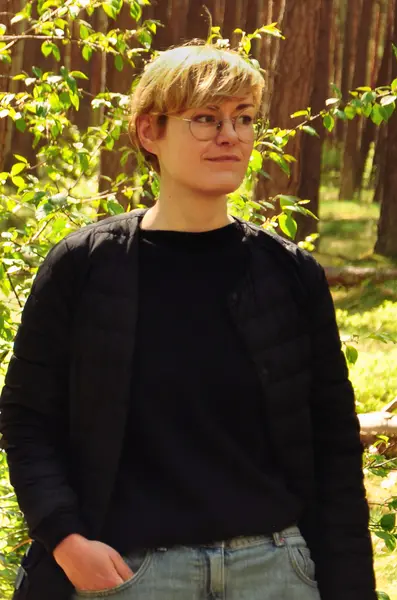
Anna Warnow
Student of socio-ecological forest management
